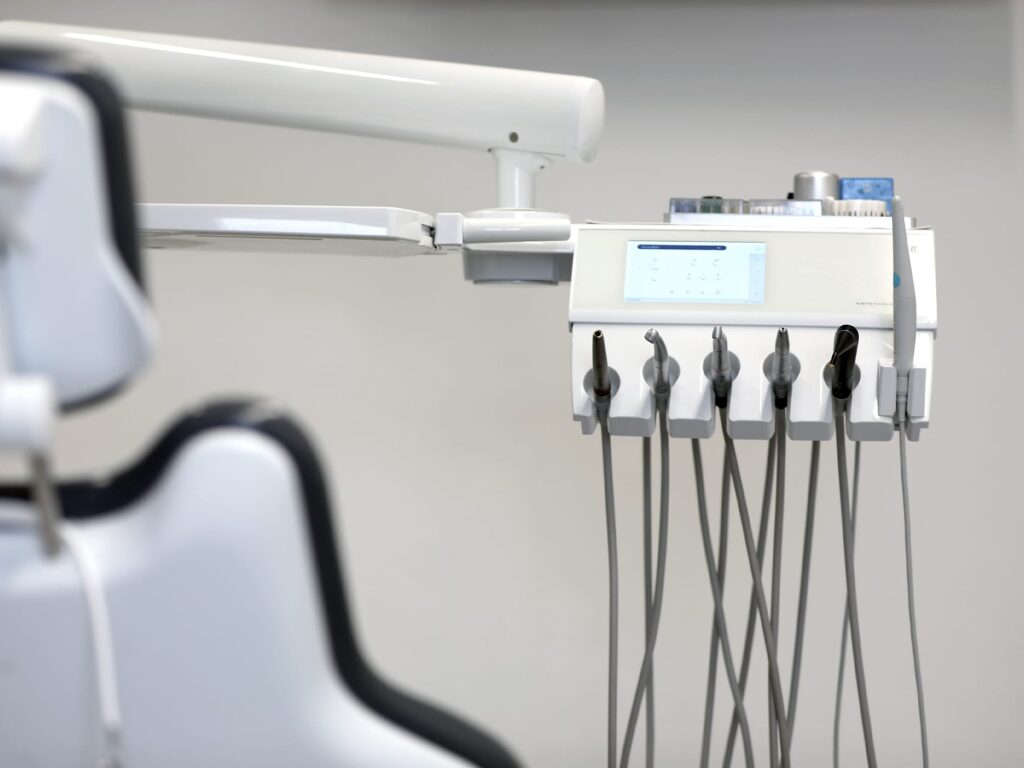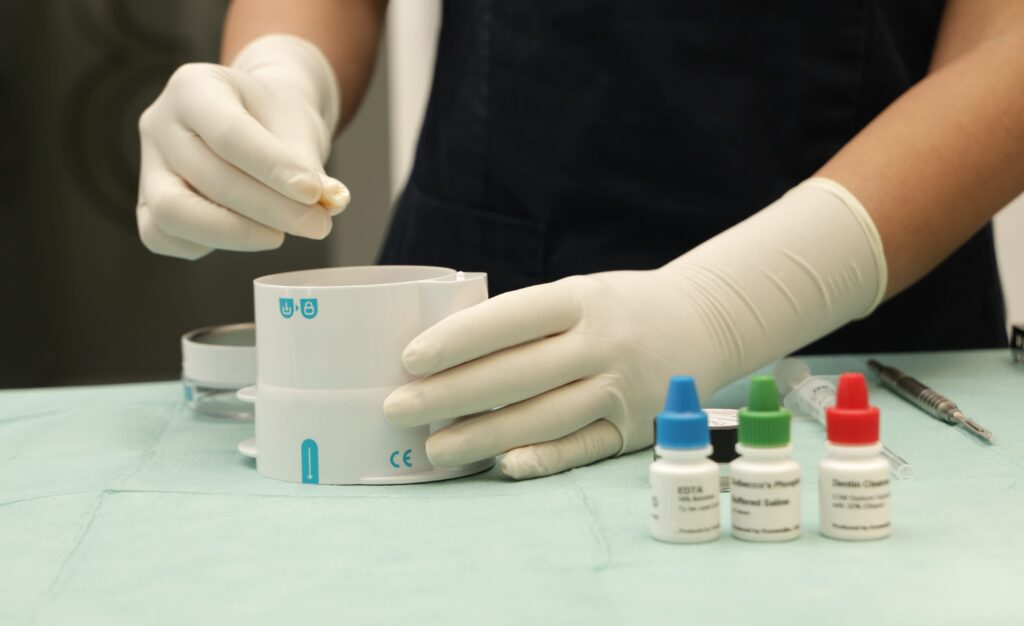11.04.2024
Veganism is a way of eating that does not consume foods of animal origin. It is based on eating vegetables, grains, nuts, fruits and their products. Nowadays, it is an increasingly popular way of eating because it advocates a way of life that avoids the exploitation of animals.
According to numerous studies, this way of eating reduces the risk of some diseases such as cardiovascular diseases, type 2 diabetes, non-alcoholic fatty liver disease and obesity. Although there are benefits of such a diet, diseases caused by lack of intake of some nutrients also occur. Vegans consume less essential amino acids, B vitamins, vitamin D, zinc and calcium. If their deficiency is not replaced, it can have an impact on a higher risk of cancer, depression, diseases of the neurological and immune system, lower bone density and a higher risk of bone fractures.

Vegan nutrition is mostly based on carbohydrate intake and less protein intake. Proteins contribute to the alkalinity of saliva, while carbohydrates after fermentation cause acidity. That is why there is an increased risk of caries and tooth erosion. Calcium contributes to the remineralization of teeth, so it is recommended to consume soy milk, which has higher calcium values than all other milks that are not of animal origin, or you should look for milk with added calcium. Non-animal milks are often sweetened, so you should look for less sweetened milks.
Some vegan foods may be difficult to eat during orthodontic treatment or after surgery. Raw vegetables such as carrots are difficult to chew, so the advice is to cook hard foods after surgery. If braces were placed during orthodontic treatment, it is difficult to clean the teeth, so it is recommended to avoid nuts, which are difficult to clean and get stuck between braces and teeth.
Inadequate intake of vitamins also leads to a higher incidence of periodontal disease in a vegan diet. Vitamin B is needed in many metabolic processes of the organism, and its lack, as well as the consequent lack of folic acid, is associated with inflammatory processes in the oral cavity. Vitamin D is associated with the inhibition of inflammatory processes, it has an antioxidant effect. Vitamin D deficiency is associated with implant rejection, poor and inflammatory wound healing.
It is recommended to control vitamin levels in the blood and replace deficits with pharmacological preparations.
